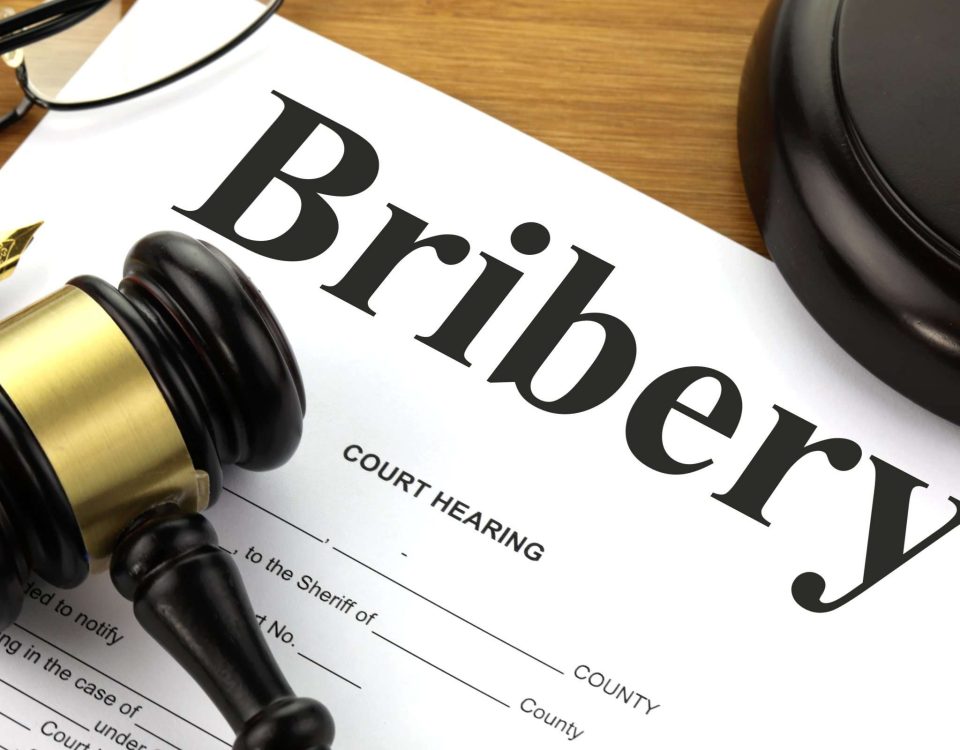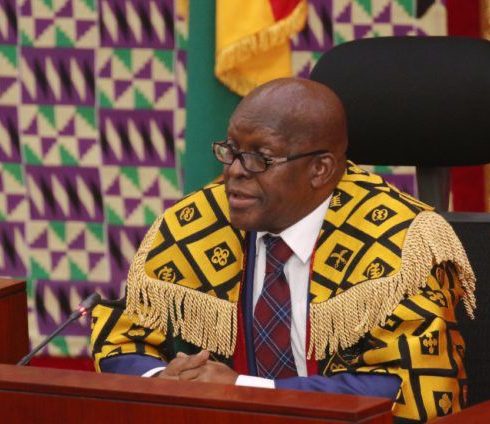What the LAW says: Can public officers receive gifts, motivation or “appearance fees”? By Alex Owusu Asenso
The debate on whether giving a gift to a public officer is classified as bribery or corruption has been on for some time now. For some there is no point in implicating a public officer if the name of what you are giving is termed a gift, “motivation” or “lorry fare” as known in Ghanaian parlance.
For others as long as you are considered a public officer as recognized in the Constitution, 1992 of Ghana, you should not receive any gift in that regard. So what does the law say about public officers and their office?
According Article 295 of the 1992 Constitution of Ghana, “public office” includes an office the emoluments attached to which are paid directly from the consolidated Fund or directly out of moneys provided by Parliament and an office in a public corporation established entirely out of public funds or moneys provided by Parliament.
Article 284 of the Constitution also says that a public officer shall not put himself in a position where his personal interest conflicts or is likely to conflict with the performance of the functions of his office about receiving gifts, motivation, transport, among others..
At what time will a public office be said to have been brought in disrepute or a public officer be said to have committed a crime?
The Criminal offences Act 1960, (Act 29) has clear provisions in sections 239 to 250; 252 to 254; 260 and 261. These provisions are clear on what would constitute a criminal offence with regards to a public officer. For instance, section 240 of Act 29 mentions the category of persons who can be convicted for offences relating to public office and public elections. The section stipulates that
“a public officer, juror or a voter commits an offence if either of them indirectly or directly agrees or offers to allow or permit their conduct to be influenced by a gift, promise or prospect of a valuable consideration to be received by that person or any other person from any other person.”
By implication, a voter who accepts a gift or promise to vote for another person or be influenced by such gift is liable for committing an offence.
If you are a person who also gives to a public officer, the law considers you a criminal as well. Yes a criminal. Sections 241, 242 and 243 explains this further. It says that if you endeavor, directly or indirectly, to influence a public officer’s conduct you have committed a criminal offence. So you see, if you decide to give to an officer so you may obtain favour from him or her, you are considered a criminal for which you are liable for punishment.
In section 9 of the Contracts Act, 1960 (Act 25), the performance or the promise to perform an act which one is already under a legal duty to perform constitutes sufficient consideration for another promise. Which means there is no need under Ghanaian to pay consideration for work which is a legal duty of another person. By this, a person is not obliged to pay any consideration for work done for him/her where such work is a legal duty of a public officer.
Section 247 explains extortion by saying that “a public officer who, under colour of office, demands or obtains from a person, whether for public purposes or for personal gain, or for any other person money or valuable consideration which the public officer knows is not lawfully authorized or at a time at which the public officer knows is not lawfully authorized to demand or to obtain that money or valuable consideration.” For a public officer to be prosecuted for this offence, he or she must have extorted money or valuable consideration, while on duty or still in office. He must be aware that it is unlawful to obtain valuable consideration whatsoever. If all these are fulfilled then the person is liable for the offence.
According to the Nigerian case of COP v Mataya the court stated that the expression ‘under colour of’ is to be found in legal phraseology from medieval times … as ‘ an act evil done by the countenance of an office, and it bears a dissembling face of the right of the office.” This was upheld by the Court of Appeal in the Ghanaian case of COP v Wemah.
In COP v Wemah, the accused who was a public officer had taken monies from some persons claiming to arrange and help them get authorization for their building projects. The accused was convicted for which he appealed. The Court of Appeal in dismissing the appeal stated that, under our law it is not essential in a prosecution for an offence of extortion, contrary to the Criminal Code, s. 413, to prove the duty which the accused person has to perform nor that it was for the performance of that duty ‘that a valuable consideration was taken. It is also not essential that the evidence should disclose a pretence by the accused that he was entitled to the valuable consideration demanded or obtained by him.
On whether an officer can still be charged for abuse of public office when such act was committed outside the jurisdiction of the court, Section 56(3)(a) of Courts Act, 1993 (Act 459) which is the relevant law provides:
“(3) Any citizen Ghana who-
(a) while employed in the service of the Republic of Ghana or of any statutory corporation does an act outside Ghana, any act which if done in Ghana would be punishable as an offence…
shall be guilty of an offence of the same nature as the act in question would have constituted if done in Ghana and may … be prosecuted and punished in Ghana accordingly.”
In Appiah v The Republic, the court in dismissing the appellant’s appeal stated that “We are all men of the world and one need not be clairvoyant before concluding that the applicant had lot of explanation to do about this inexplicable “coincidence.” The findings of fact made by the Supreme Court clearly show that all the essential elements of the charge of extortion were proved against the appellant. That is to say, that the applicant, being a public officer, did under the colour of his office obtain the lodgement of £1,000 in his bank account in London by Henry Kojo Djaba, and he also obtained under similar circumstances the lodgement of £10,000 by E K Owusu into the said account as consideration for a favourable consideration of their petitions.
This submission fails to take into account the legal position that in certain circumstances under our laws, a person’s status can either confer jurisdiction on our courts, or deny them jurisdiction. The commonest example of the later situation is where a person carries diplomatic immunity. By the provisions of section 1 of the Diplomatic Immunities Act, 1962 (Act 148) article 31 of the Vienna Convention on Diplomatic Relations has been incorporated under our laws and forms part of our domestic or municipal law. Article 31(1) of the Convention states:
“1. A diplomatic agent shall enjoy immunity from the criminal jurisdiction of the receiving state. He shall also enjoy immunity from its civil and administrative jurisdiction.”
There are exceptions but these relate, to civil jurisdiction in certain situations. The law justifying the former situation is to be found in section 51(3) of Act 372 which has been re-enacted in section 56(3) of the new Courts Act, 1993 (Act 459).
It can therefore be inferred from the sections as mentioned in the Criminal Offences Act, 1960 (Act 29) that where a gift is given or taken with the intention of influencing a public officer such an act is classified criminal. But it is still up to prosecution to prove that indeed, the act clearly influenced the duty or otherwise of a public officer.
CONTACT ALEX ON TWITTER
Source - Alex Owusu Asenso







